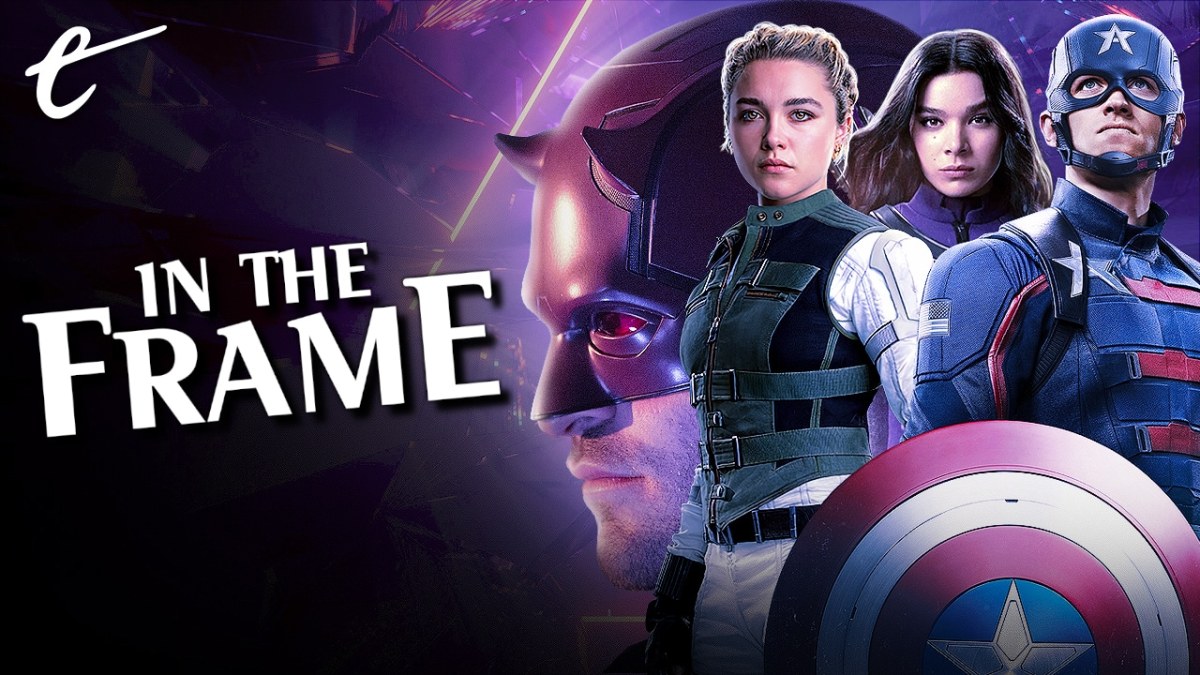If there was an abiding theme of this year’s D23, it was one of nostalgia.
There were new looks at original projects, like Disney’s Strange World or Pixar’s Elemental. However, these were overshadowed by announcements of and trailers for spinoffs and remakes, from The Little Mermaid to Inside Out 2 to Mufasa: The Lion King. This extended beyond simple sequels or prequels. One of the studio’s biggest new animated projects is Wish, which is effectively an origin story for the star from the song “When You Wish Upon a Star” from Pinocchio.
The weekend’s defining moment seemed to arrive halfway through the trailer for the new Willow sequel miniseries streaming soon on Disney+. The eponymous sorcerer, played by Warwick Davis, has been summoned out of seclusion. Kit (Ruby Cruz) assures him, “The world needs you again.” It’s a moment that encapsulates so much of modern pop culture, the idea that these movies and films exist largely to reassure a middle-aged audience that the world needs them and always will.
To be fair, this nostalgia has been a part of Disney’s brand for well over a decade. Even before the company purchased Lucasfilm and Marvel Studios, it invested heavily in nostalgic would-be blockbusters like Tron: Legacy, The Lone Ranger, and John Carter. The goal seemed to be to reassure older audiences that their childhoods could be recaptured and replayed, reconstituted and recycled, for all eternity. Why try something new, when something old was close at hand?
Star Wars has sunk into that pit of nostalgia. It is no longer enough to build a streaming show around a character who looks just like Boba Fett (Temuera Morrison); Boba Fett himself must have a seven-episode miniseries. Luke Skywalker (Mark Hamill) can be kept alive forever through uncanny visual effects and voice synthesis. It’s tempting to describe this as a cultural hall of mirrors, but it feels closer to a horror story like The Picture of Dorian Gray.
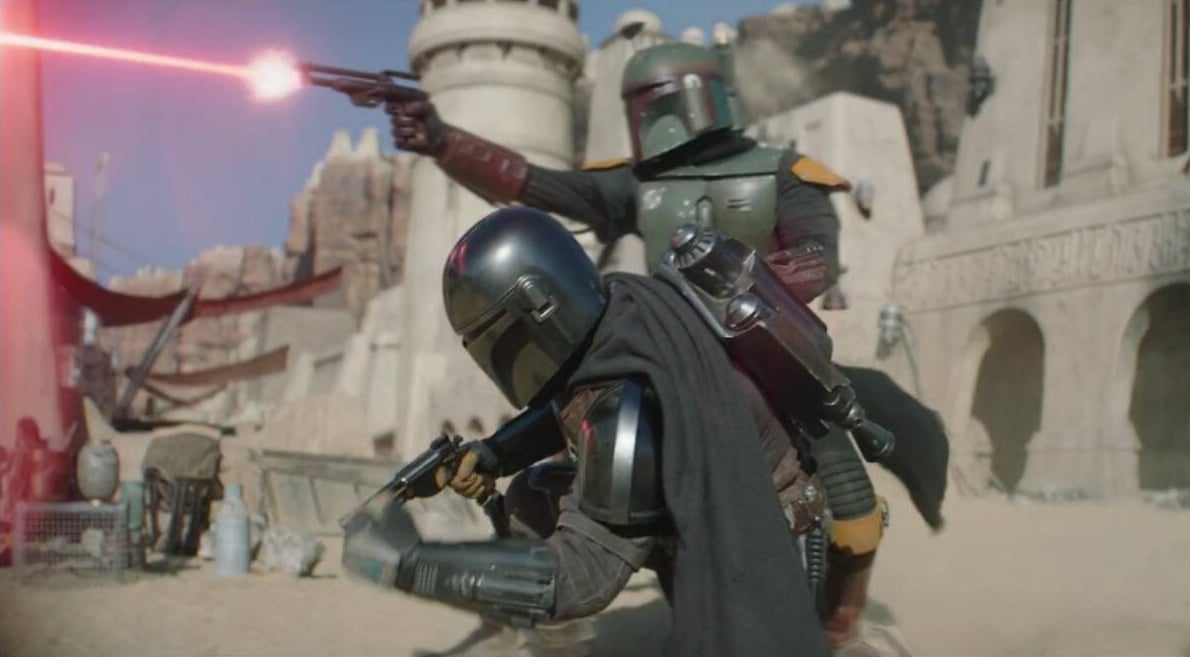
Historically, Marvel Studios has largely been able to avoid this. Part of the reason for this was that most of the Marvel properties that fans and audiences might have been overtly nostalgic towards — like Spider-Man or the X-Men — were licensed to other studios. As a result, the early years of the Marvel Cinematic Universe (MCU) had to actually build audience affection for characters who had never anchored blockbusters before.
Movies like Iron Man, Thor, and Captain America: The First Avenger couldn’t rely on nostalgia for these characters because none of those superheroes had anywhere near the cultural ubiquity of the web-slinging wonder or the merry mutants. Iron Man was so successful in part because director Jon Favreau and actor Robert Downey Jr. had the freedom to improvise, creating a version of Tony Stark radically different from the source material, but which would feed back into the comics.
One of the big thrills of the early history of the MCU was watching the studio prove that it could make any superhero into a blockbuster. Movies like Guardians of the Galaxy, Ant-Man, and Doctor Strange were built around heroes that nobody outside of comic book circles knew about or cared about, but they grossed large sums of money and spawned impressive sequels. Black Panther and Captain Marvel turned C-list characters into cultural phenomena, grossing over a billion dollars apiece.
A decade ago, audiences didn’t know who Ant-Man (Paul Rudd), Black Panther (Chadwick Boseman), Stephen Strange (Benedict Cumberbatch), or Captain Marvel (Brie Larson) were, but now those characters and brands are household names. The MCU has built a vast and diverse shared universe, with no obvious outer limits. This is why it is so frustrating to see Marvel Studios impose its own boundaries, to begin a retreat into the same nostalgia that defines Disney.
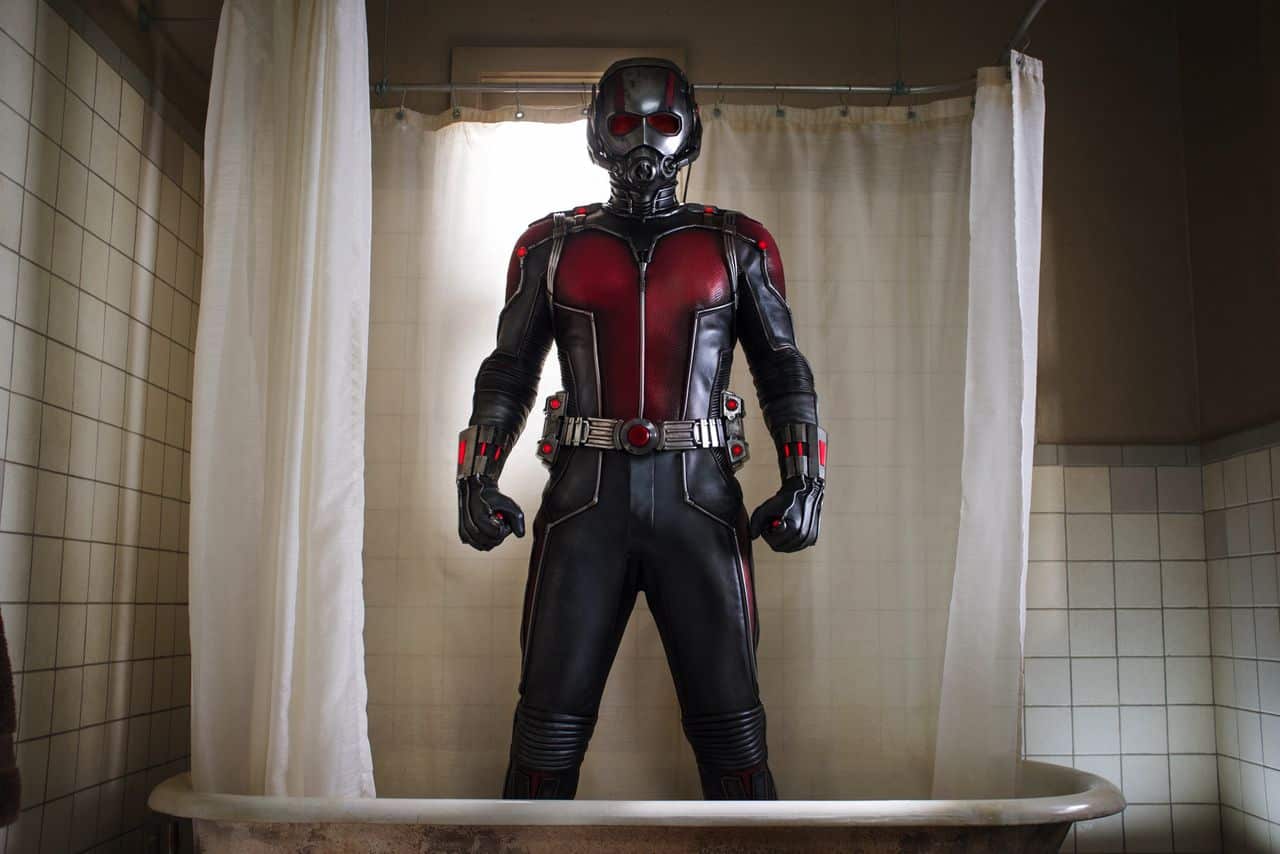
Recent announcements about the future of the MCU are rooted in the same nostalgia as so much of Disney’s high-profile output. The company seems to have slowed its development of new brands, instead focusing on appealing to recognizable elements. There were very few surprising announcements at Comic-Con or D23, very few projects that would catch casual audiences by surprise. Instead, as Scott Mendelson pointed out at Forbes, it was all very familiar.
To be fair, it makes sense that the slate should feature a number of high-profile sequels, like Ant-Man and the Wasp: Quantumania or Guardians of the Galaxy Vol. 3. It is only natural that successful movies spawn sequels. Still, there is also a push towards concentrating sequels, with multiple projects serving as sequels to two or more earlier projects. The Marvels will synthesize Captain Marvel and Ms. Marvel. Thunderbolts crosses over Black Widow and Captain America.
Many of the company’s projects built around “new” characters are already established in pop culture due to previous adaptations. Fantastic Four will be the third live-action theatrical take on the franchise, discounting Roger Corman’s cult object. Daredevil: Born Again is a direct sequel to the Netflix show, with returning cast. Blade will find Mahershala Ali putting his own spin on a character who helped launch the current comic book movie boom.
Even those movies and shows that promise a new perspective are built around returning characters. Secret Invasion might feature Emilia Clarke and Olivia Colman in mysterious new roles, but the trailer leans heavily on the return of Nick Fury (Samuel L. Jackson) and returning characters like Maria Hill (Cobie Smulders), Talos (Ben Mendelsohn), Everett Ross (Martin Freeman), and James Rhodes (Don Cheadle).
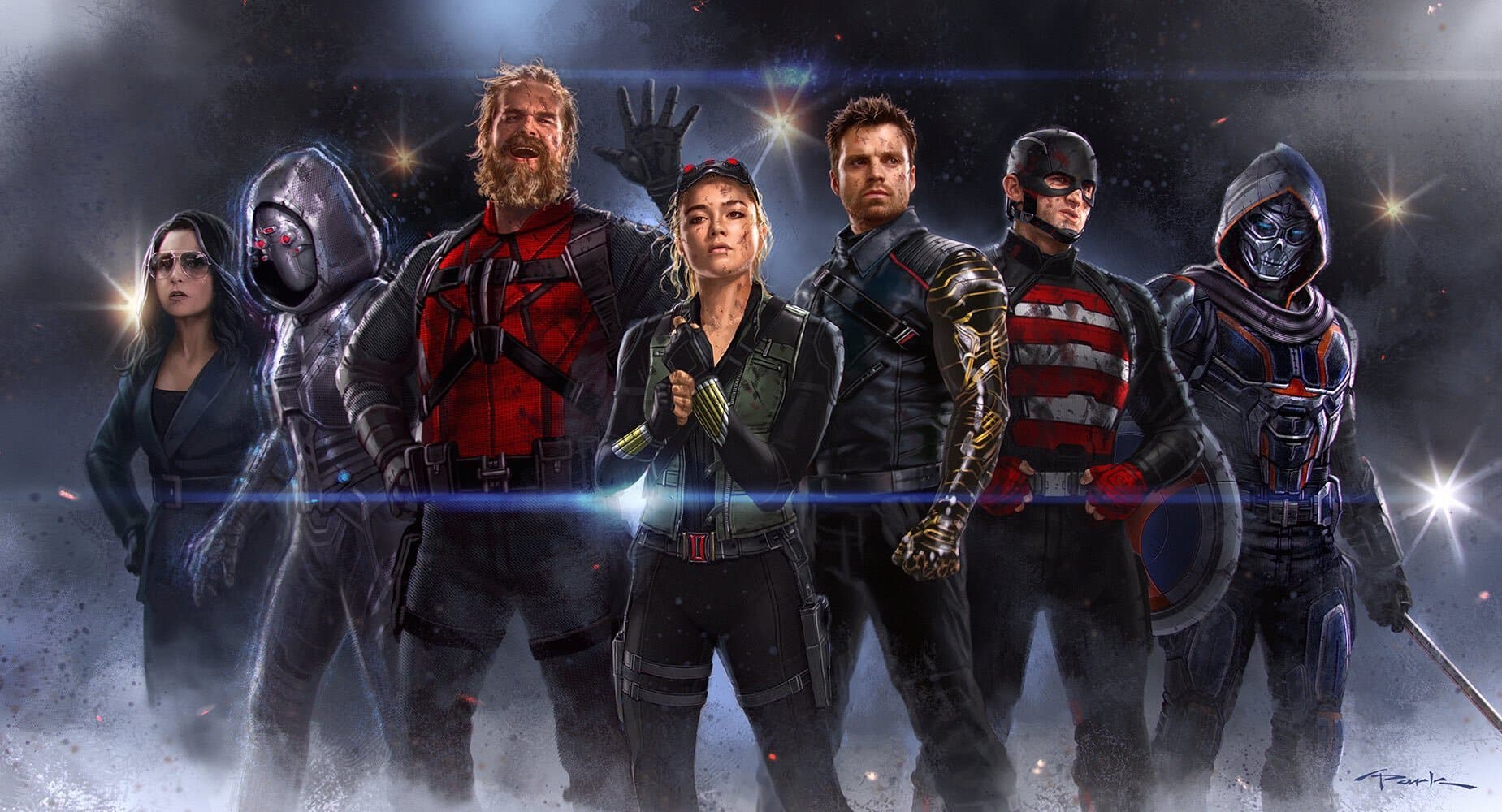
There are new characters who will anchor streaming shows like Echo or Agatha: Coven of Chaos, but those are very much spinoffs from existing brands within the shared universe rather than new concepts or heroes. The MCU has been running long enough that many of the original generation of actors have aged out and are being replaced by a new crop, but it’s frustrating that so many of those are defined primarily by their relationship to what came before.
In Hawkeye, Clint Barton (Jeremy Renner) begets Kate Bishop (Hailee Steinfeld). Ironheart positions Riri Williams (Dominique Thorne) as the successor to Tony Stark. Ms. Marvel establishes Kamala Khan (Iman Vellani) as a fan of Captain Marvel. In She-Hulk, Jen Walters (Tatiana Maslany) is a cousin of Bruce Banner (Mark Ruffalo). In Black Widow, Yelena Belova (Florence Pugh) succeeds Natasha Romanoff (Scarlett Johansson). It’s weirdly incestuous and nepotistic.
In some ways, the shared universe is starting to feel a bit like something from House of the Dragon, an increasingly insulated community of those who already hold power and whose primary concern is the maintaining of their own power and influence. Tony Stark’s wife, best friend, and even virtual assistant all get to be superheroes, because Tony Stark controls that much power. Within the shared universe, this power has become so institutional that it is passed down, bestowed and conferred.
To be fair, there are cases where this sort of transition makes sense. Black Panther: Wakanda Forever obviously developed organically from the sudden passing of Chadwick Boseman. There is symbolic value in allowing an African American like Sam Wilson (Anthony Mackie) to take up the mantle of the Captain America franchise, even if that value is somewhat undermined by following his big-screen debut with another movie packed with Captain America iconography two weeks later.
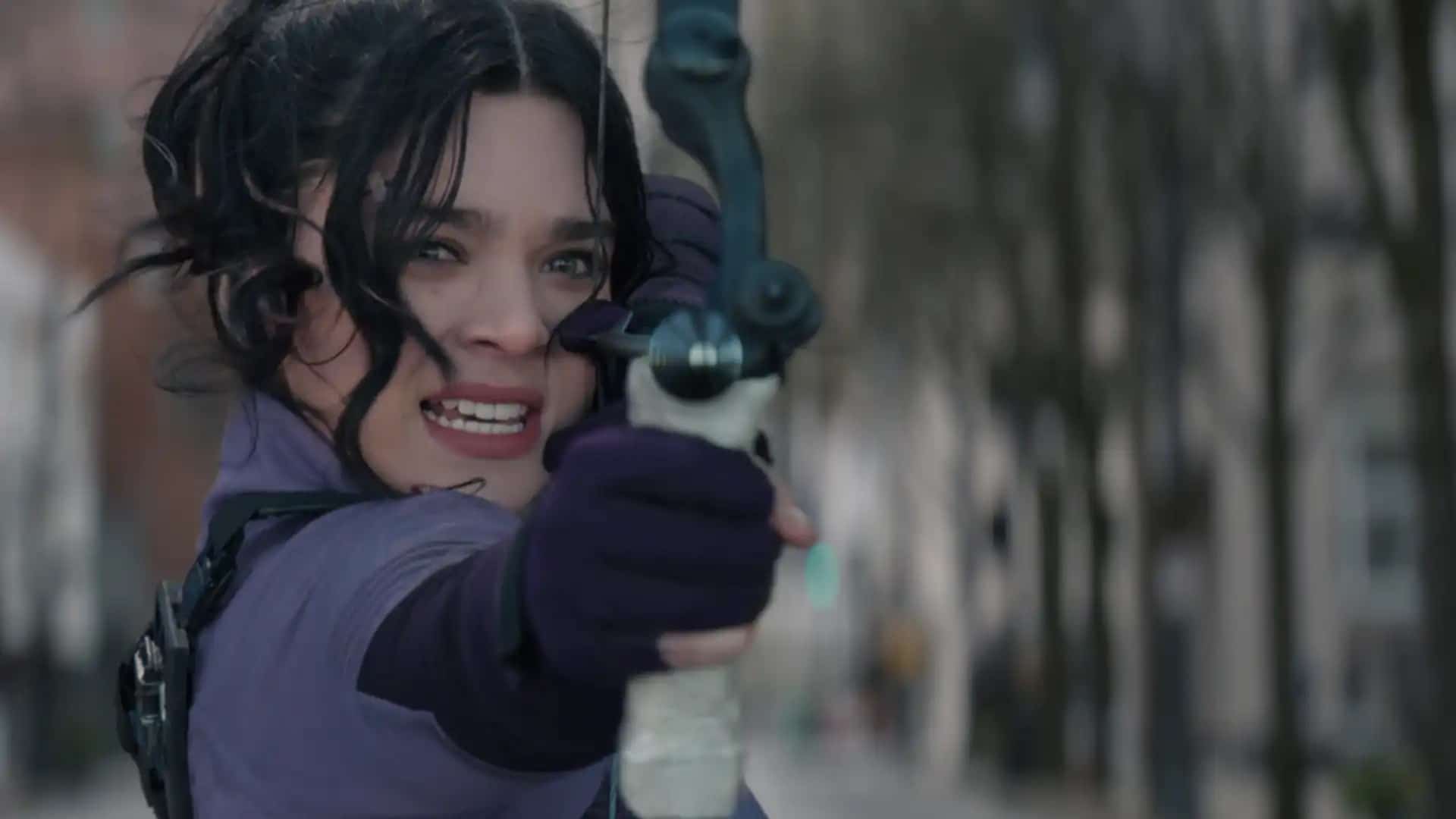
There are a handful of recent MCU projects that haven’t been defined by their relationship to existing brands within the shared universe: Shang-Chi and the Legend of the Ten Rings, Eternals, and Moon Knight. There are suggestions of upcoming projects like Nova and Wonder Man. Werewolf by Night looks fun. However, these are an extreme minority in a glut of content. It’s a shame, because it makes the MCU seem much smaller, even as the volume of output is dramatically increasing.
It’s not as if there is a shortage of characters that would be fun to adapt. Where is the Squirrel Girl movie, given that character’s popularity? Wouldn’t it be interesting to see a Nighthawk movie, perhaps based on David F. Walker’s recent run? Surely Moon Girl and Devil Dinosaur would be fun to see given more than just an animated out-of-continuity series? Why not put Werewolf by Night in theaters? The right creative team could certainly have some fun with Ka-Zar, right?
Sure, none of these characters have any pop cultural cachet at the moment, but neither did the Guardians of the Galaxy or Captain Marvel before their own cinematic adaptations. It is frustrating to see the MCU become so narrow in its focus.

